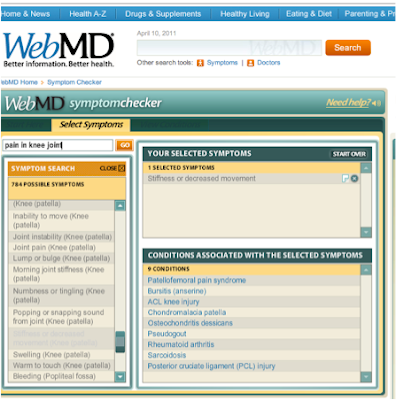Video killed the radio star, Ipods superseded the walkman and now new media technologies are even changing the way we work, and how we find it...
As Gill (2007, 25) explored in Informality is the New Black, only a marginal percent of new media workers found jobs by "traditional" means of searching – i.e via an advertised position. Job search sites are OUT, and networking is IN. It seems it's no longer a question of what you know, but WHO, in this competitive new media world.
Image retrieved from Cartoon Stock
Tess Cameron's New Media Employment story is a true example of this. She was offered an exclusive blogging opportunity through industry connections she had made through a mutual friend. The job was never advertised.
Case in point, today on Seek, there are only three opportunities in Brisbane that vaguely match my goal to work as a freelance copywriter. However, in advertising agencies across town, there are positions waiting to be filled by people that come with personal recommendations.
If anything, this course has opened my eyes to the realities of the media market. I have started to attend industry events, make connections, and hopefully create a job rather than search for it...
References:
Cameron, Tess. 2011. "New media employment". Accessed April 28, 2011. http://newmedia-tesscameron.blogspot.com/2011/04/new-media-employment.html.
Gill, Rosalind. 2007. "Informality is the New Black". In Technobohemians or the new Cybertariat? New Media work in Amsterdam a decade after the web. Amsterdam: Institute of Network Cultures.
Seek. 2011. "Job search: Brisbane + Advertising + Copywriting". Accessed April 28, 2011. http://www.seek.com.au/JobSearchDateRange=31&Keywords=Copywriting&location=1004&industry=6304&SearchFrom=quickupper&SearchType=search+again


